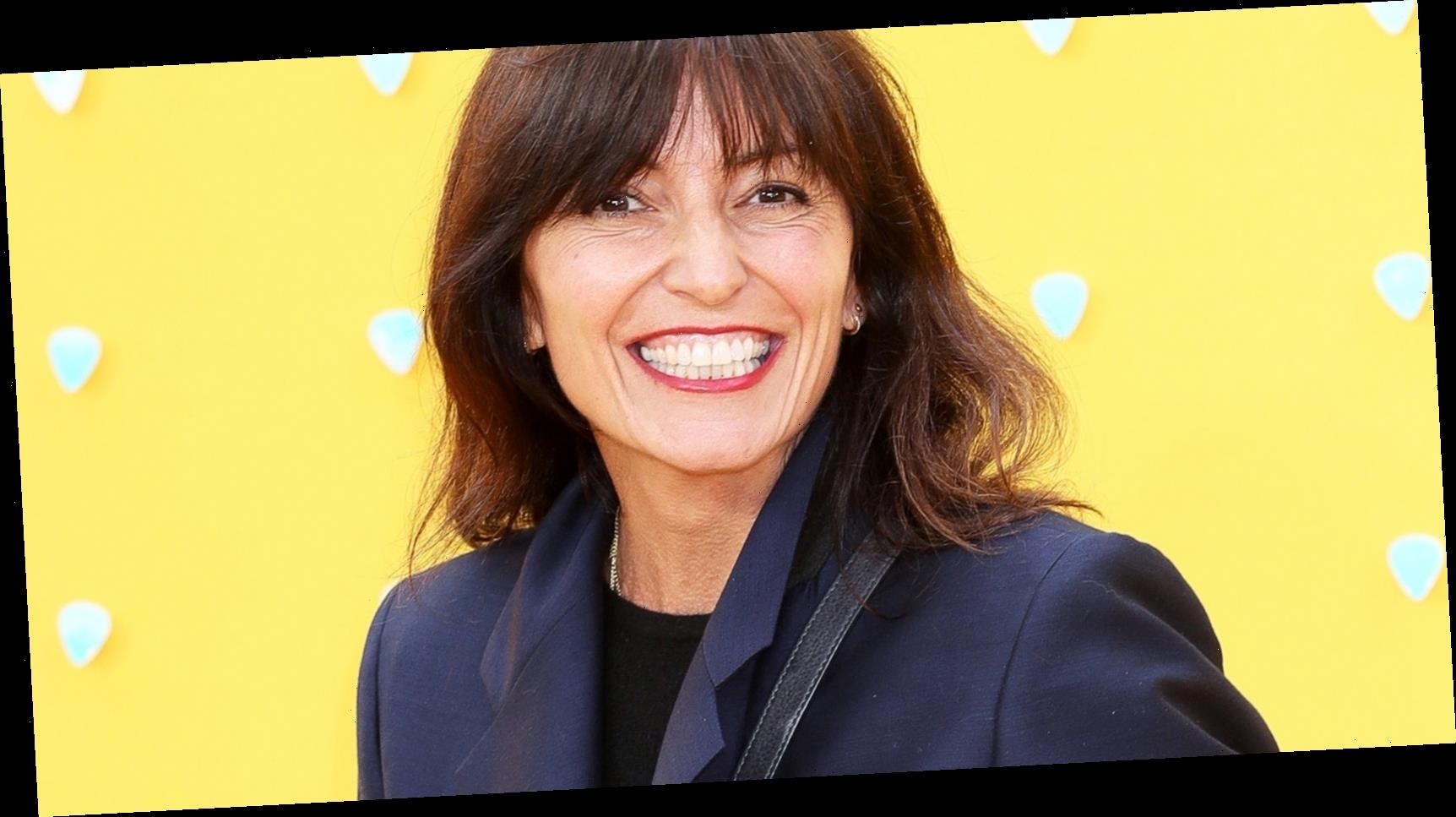Davina McCall is right: sometimes it really is better to stay home and do nothing.
Whether it’s answering emails after hours, skipping lunch to power through our to-do lists, or staying late to finish off an important task, it’s clear that many of us find it difficult to switch off when it comes to our careers.
Indeed, when it comes to taking sick days, many of us prefer to head to the office and ‘soldier on’ through whatever bug we’re nursing, in a desperate bid to avoid falling behind – or to impress our bosses with our can-do attitudes.
And it’s not just work that this ‘need to be present’ impacts: we have friends to meet up with, evening classes to attend, workouts to schedule, meals to prep, household chores to tick off – and plenty more besides. If we don’t do everything on our to-do lists, we’re overwhelmed by feelings of self-imposed guilt. And, if we somehow manage to fit it all in, something has to give – and it’s usually a good night’s sleep.
No wonder so many of us are experiencing symptoms of burnout, eh?
As we embrace a new decade, though, things are changing. We’re more aware of the need for self-care than ever before, with ‘mindfulness’ and ‘happiness’ two of the most searched terms on Google.
And Davina McCall – one of the UK’s most beloved TV personalities – has decided to put herself and her needs above her sprawling to-do list in 2020.
Taking to Instagram, McCall shared a photo of herself bundled up in a woolly jumper and lying back on the sofa.
“Got a sore throat, so it’s a rest day for me,” she said, adding that she fully intended to dedicate the day to binge-watching the entire third season of Netflix’s The Crown.
“I hardly EVER do nothing,” McCall added. “But I’m going to do nothing today. Nothing except watch telly.
“It’s what I need to do… nothing.”
Professor Manfred Kets De Vries, who authored the paper Doing Nothing and Nothing To Do: The Hidden Value of Empty Time and Boredom, agrees with McCall’s approach.
“The give-away that we are working too hard is when we find ourselves in a place where there’s always more to do. We fool ourselves into thinking that if we do just one more thing we will be able to relax,” he tells Forbes.
“This thinking is delusional; either our to-do list will continue to lengthen or we feel we could do things a little bit better. If we get stuck in this mindset it’s time to get off the treadmill and take a break. And surprisingly, often after a period of disconnection the problem will look quite different and we might find the answer was right there all along, staring us in the face.”
Remember, science is clear on the amount of rest we need: it’s 42 percent. That’s the percentage of time your body and brain need you to spend resting, and it averages out to about 10 hours out of every 24. Think eight hours of sleep opportunity, 30 minutes “stress-reducing conversation” with a loved one, 30 minutes of physical activity, 30 minutes of paying attention to food, and a 30-minute ‘wild card’, depending on your needs.
If this doesn’t sound doable, remember it doesn’t have to be every day; it can average out over a week or a month or more. You just have to make sure you give your body adequate time to rest and recover. And if that looks like a day on the sofa in front of The Crown (we salute you, Davina!), so be it.
Interested in learning more? You can find out all about the 42% rule, and how to implement it into your life, here.
Images: Getty
Source: Read Full Article
